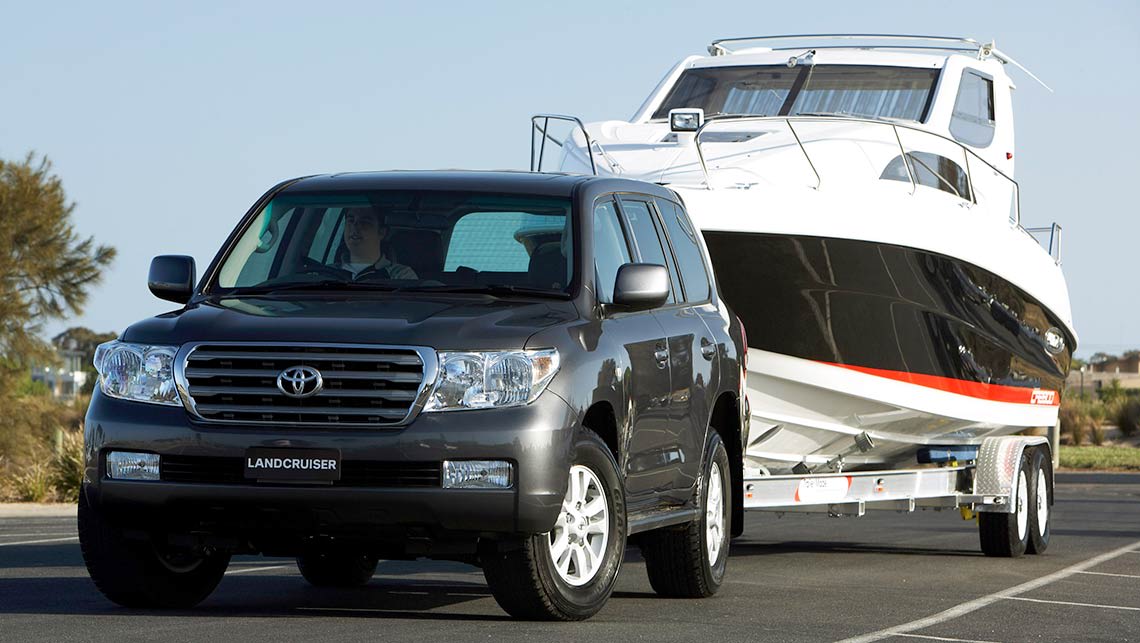
When it comes to enjoying the open waters, few things are as exhilarating as boating. Whether you’re cruising along the coast or exploring remote lakes, owning a boat opens up a world of endless possibilities. However, before embarking on your aquatic adventures, it’s crucial to understand the art of boat towing.The fort myers boat salvage specializes in recovering and restoring sunken or damaged boats in the Fort Myers area. This comprehensive guide will provide you with essential tips and techniques to ensure safe and stress-free towing experiences.
Understanding Towing Capacity and Regulations
Know Your Boat’s Towing Capacity
Before hitching a trailer to your boat, it’s vital to know your boat’s towing capacity. Exceeding this limit can lead to dangerous situations on the road. Refer to your boat’s owner manual or consult with a professional to determine the maximum weight your boat can safely tow.
Familiarize Yourself with Local Towing Regulations
Different regions may have specific laws and regulations regarding boat towing. Ensure you are well-informed about the legal requirements, such as speed limits, proper signage, and trailer lighting. Staying compliant not only keeps you safe but also avoids potential fines or penalties.
Choosing the Right Trailer and Equipment
Invest in a High-Quality Trailer
When it comes to towing your boat, investing in a reliable trailer is essential. Look for trailers specifically designed for boat transportation, as they offer features such as adjustable bunks, sturdy frames, and corrosion-resistant materials. Additionally, consider trailers with braking systems for added safety and control.
Secure Your Boat with Proper Tie-Downs
To prevent your boat from shifting during transportation, it’s crucial to secure it with appropriate tie-downs. Use high-quality straps or chains to secure the bow and stern of your boat to the trailer. Double-check the tightness of the tie-downs before hitting the road to ensure a secure attachment.
Preparing for a Towing Journey
Perform a Thorough Inspection
Before each towing journey, conduct a thorough inspection of your boat, trailer, and towing vehicle. Check the tire pressure, lights, brakes, and ensure that all connections are secure. Inspecting your equipment helps identify any potential issues beforehand, reducing the risk of breakdowns during transit.
Distribute Weight Properly
Maintaining proper weight distribution is crucial for safe and stable towing. Position the boat on the trailer so that it evenly distributes weight on both sides. This balance ensures smoother handling and minimizes the risk of trailer sway.
Safe Towing Techniques
Practice Defensive Driving
When towing a boat, it’s essential to adopt defensive driving techniques. Increase your following distance, allow for longer braking distances, and be cautious while changing lanes. Avoid sudden maneuvers and maintain a steady speed to ensure better control of your towing rig.
Be Mindful of Trailer Sway
Trailer sway can occur when external factors, such as wind or sudden lane changes, cause the trailer to oscillate from side to side. If you experience trailer sway, avoid panic braking. Instead, gradually reduce speed, and if needed, apply the trailer brakes independently to regain control.
Launching and Retrieving Your Boat
Plan Ahead for Launching
Before arriving at the launch ramp, ensure you have all the necessary equipment, such as dock lines, fenders, and personal flotation devices. Familiarize yourself with the launch area and understand the proper procedures for launching your boat safely into the water.
Retrieving Your Boat
When retrieving your boat, approach the ramp carefully, allowing other boaters ample space. Communicate with fellow boaters using hand signals or a VHF radio to ensure smooth operations. After safely retrieving your boat, move it away from the launch area promptly to avoid congestion.
Maintenance and Care for Your Towing Equipment
Regular Maintenance Checks
To ensure the longevity of your towing equipment, perform regular maintenance checks. Grease trailer bearings, inspect brake systems, and check for any signs of wear or damage. Additionally, keep your trailer and boat clean to prevent corrosion and maintain their aesthetic appeal.
Store Your Equipment Properly
After each towing journey, store your boat trailer and towing equipment in a secure and dry location. This prevents exposure to harsh weather conditions and extends their lifespan. Proper storage also includes periodically checking tires for proper inflation and storing them away from direct sunlight.
Conclusion
Mastering the art of boat towing is essential for a safe and stress-free boating experience. By understanding towing capacity, adhering to regulations, and using the right equipment, you can ensure smooth and secure transportation of your boat. Remember to always practice safe towing techniques, properly launch and retrieve your boat, and perform regular maintenance checks. With these essential tips in mind, you’ll be well-prepared for your next boating adventure, leaving other websites behind with our comprehensive guide.






